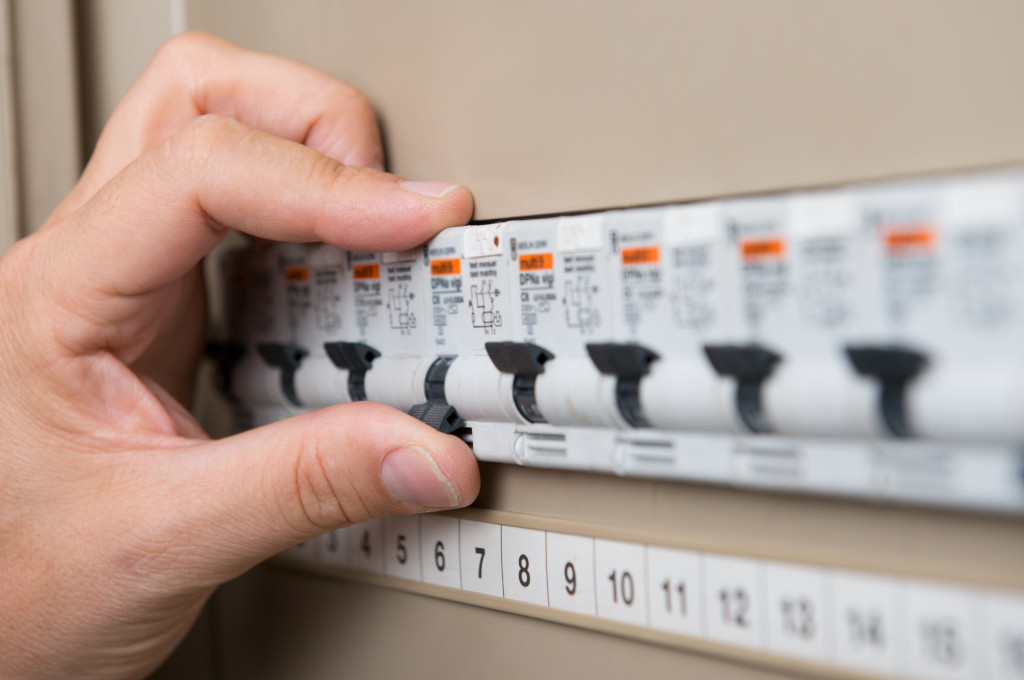While the community can handle many environmental problems without a hitch, there are also times when these issues are beyond their control. This can usually come in natural disasters such as storms, earthquakes, and public health emergencies.
Although some natural disasters are beyond the control of the community, you still have many ways to protect your home and family. Proper disaster preparedness can ensure that everyone is safe and secure during trying times.
So what are some critical factors that you need to consider in this situation?
Identifying Hazards in Your Area and Prevention
One of the most crucial parts of disaster management is identifying the hazards within your area. Many individuals will need to be aware that dangers can come in a variety of forms. This can range from physical, biological, chemical hazards. The prevalence of certain types of threats in your area will determine what you should focus on during disaster management and preparation.
For instance, if you’re in a seismically active area, you should ensure that your family is aware of the dangers of earthquakes. If they are not nearby within an area with access to exit routes, there are different ways of keeping themselves safe inside your home. Suppose you’re living in a low-lying area that’s more vulnerable to flooding. In that case, you might want to consider flood-proofing your home to ensure that your family is safe while also preserving the integrity of your home’s structure.
In the past year, the COVID-19 pandemic has caused various changes to safety precautions and how we prepare for crises and disasters. This is especially true when it comes to handling biological hazards that might cause health complications. Still, prevention and safety will always be the common denominator in countering dangers. If you plan on investing in safety equipment, you need to focus on personal protective equipment (PPE) in this situation.
Providing an Uninterrupted Flow of Energy

Perhaps one of the most important aspects of natural disaster preparedness that most people tend to overlook is having an uninterrupted supply of electricity in this situation. Having a steady flow of electricity will always be an essential step in reaching out to emergency response services. Many of these services are integral to the survival and the safety of you and your family.
However, power outages can cause problems for many families facing a full brunt of a storm or natural disaster. Fortunately, recent technological innovations have made it easier to produce energy at home without relying on energy companies for electricity. These will usually come in generators that individuals can carry and use, even during troubling times.
The good news here is that you won’t have to look far since installing home generators can help provide emergency backup power supply during some natural disasters. Whether it’s powering sump pumps that can prevent flooding, heating up or cooling down your home, and powering up medical devices, having a reliable home generator can give you some peace of mind.
Practicing Your Plan
Another vital part of ensuring you and your family are prepared for any situation is practicing these scenarios through drills. Like when business organizations usually do drills for fires, earthquakes, and manufactured events, you can also simulate a scenario with your family. This is an excellent way to ensure that everyone knows what to do in case of a crisis and that it keeps everyone safe.
Most experts would suggest practicing this plan with your family consistently so that it’s also fresh in their minds and they’re mindful of their surroundings. These drills should be practiced every six months.
If you live in an area prone to natural disasters and shortages in supplies caused by these events, you need to check your disaster preparedness kit quarterly. This ensures that supplies will last for emergencies. It’s also important to keep in mind that there’s bound to be perishable goods that might expire within a specific timeframe, even goods that are preserved. If this is the case, you might want to consider replacing water, liquids, and food supplies quarterly as well.
You need to update the emergency content information for local government units involved in rescue operations, such as the coast guard, the fire department, and law enforcement agencies. Remember, one can’t be too prepared for natural disasters.
Disaster preparedness will always be an essential part of emphasizing safety and security for your family. Whether it’s identifying hazards, having the right supplies, and ensuring that there’s a continuous supply of energy, these are some important ways of ensuring that everyone is healthy and safe in trying times.